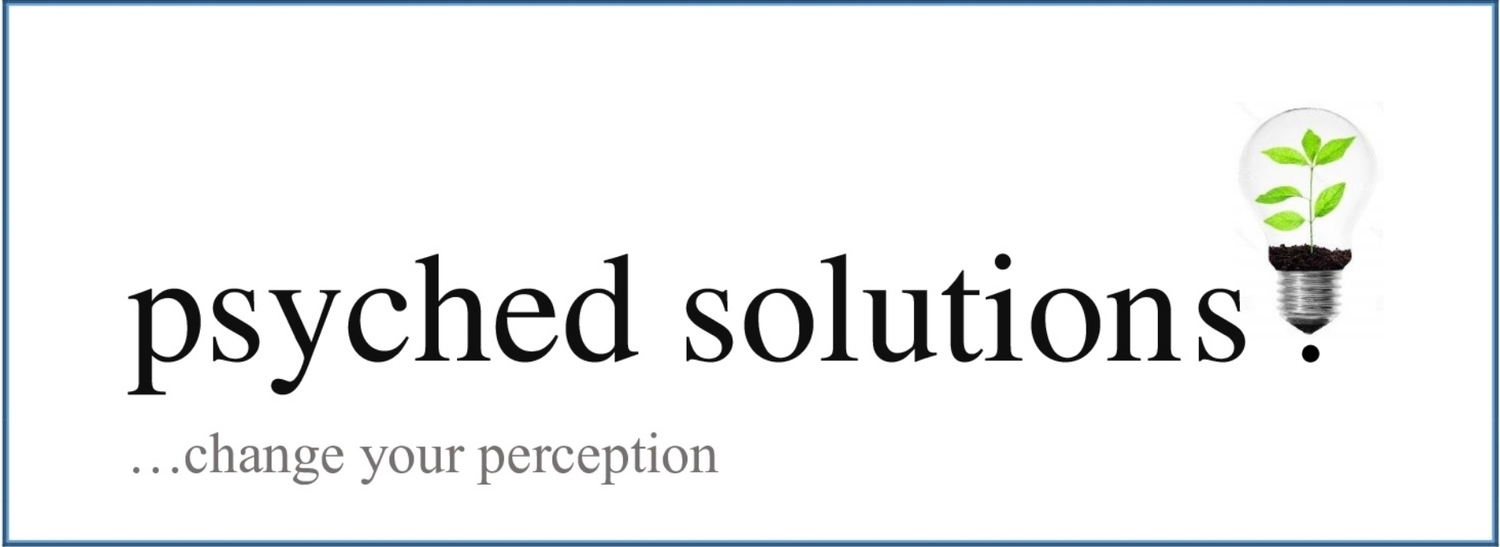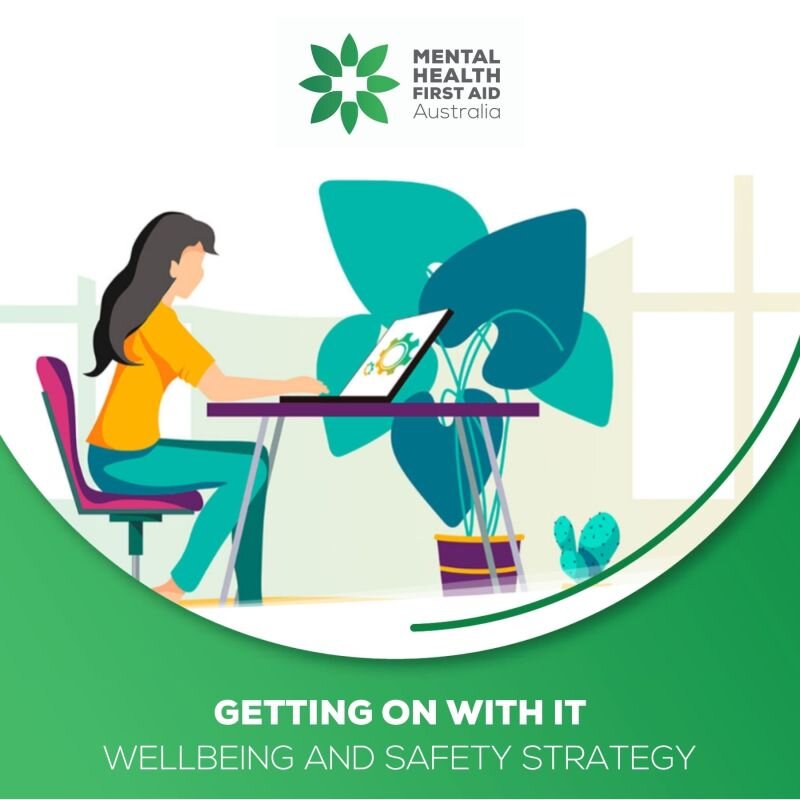A focus on workplace mental health
““..It is important as a leader in my business and industry to be talking about the importance of mentally healthy workplaces…the journey we are on is to reduce suicides and to ensure people can come to work as their authentic self…we are prioritising training like this””
2020 was a very challenging year for many people through the experience of COVID-19 pandemic and other social and economic stressors. In-fact, early modelling suggest that mental health problems and suicide risk is on the rise from already worrying rates. For example, in August 2020 the Victorian government reported a 33% increase in people being treated at emergency departments for intentional self-harm; and calls to support lines such as Lifeline and Beyond Blue doubled.
Last month – January 2021, Australia Institute of Health and Welfare (AIHW) on the mental health impact of COVID-19 and some of the key finding includes:
Young people between the ages of 18 -35 are experiencing higher levels of COVID-19 related psychological distress than people over 35.
Contacts by crisis support services in September 2020 increased by between 14.3% and 21.3% compared with the same time period in 2019.
Between 16 March 2020 and 27 September 2020 almost 7.2 million mental health related services were subsidised through Medicare.
Although suicide rates have remained relatively similar through 2020 as compared with the rates of 2019 – it means in Queensland there have been 454 suspected suicides from 1 January to 31 July 2020.
Other research including the University of Melbourne’s Taking the Pulse of the Nation survey (showcasing Australians' expectations and attitudes towards the COVID-19 pandemic are changing in real-time) found that:
Since June 2020 there has been rising rates of mental distress impacting individuals in all states and territories. Similar to the AIHW report – the Taking the Pulse of the Nation Survey also found that mental distress was higher in people under 45 who are in the labour force.
Pre-pandemic, 8% parents had reported experiencing high levels of mental distress. During the pandemic, this rate has tripled, reaching 24%.
Employment is often seen a strong determinant for being in good mental health, however this new research found that the experience of COVID-19 has demonstrated that employed parents are about as likely to be distressed as parents who are not employed especially employed parents who have primary school-aged children. These parents are now more distressed if they are employed, than if they are not.
The COVID-19 experience has demonstrated to us that change is difficult for many people, particularly change that may impact people’s health and livelihood. This can exacerbate existing mental health concerns or may have causal influence on experiences of depression, anxiety, relationship challenges, substance abuse or misuse, and suicidal ideation.
What is clear from various studies and even our own shared experiences, is that the Covid-19 Pandemic has resulted in an unprecedented time of uncertainty, of a sense of unease, anxiety and for many – a true sense of foreboding that constantly lurks in the background of our individual and collective psyche.
What does this mean for you and your workplace?
The workplaces are like the microcosms of the community we live in therefore it is critical to recognise the impact of COVID-19 on individuals who are part of your business or your organisation. Normalise having conversations about mental health and wellbeing with your staff, colleagues, or people around you.
Although we may not be able to control some of the challenges associated with the evolving situation of COVID-19 pandemic – there are things that we can do that are in our control including accessing the support that is available for us.
Here are some tips for you!
Increase your own knowledge about mental health and wellbeing by engaging in Mental Health First Aid Programs
Mental Health First Aid training is a proactive mental health tool for the workplace. By skilling staff to recognise the signs that a colleague or workplace stakeholder may be struggling, and giving them the confidence and skills to respond, you will be building protective factors into your workplace. This can be life changing or even lifesaving, and also contribute to your overall workplace culture and productivity.
Check out our upcoming face-to-face training or our 100% virtual training courses here.
Be aware of the support and resource available.
Throughout the COVID-19 pandemic – one of the commonly used hashtags that resonated with me was #inthistogether which acknowledged our shared experience and showed solidarity. Being in this together means walking this journey side by side – supporting each other, looking out for each other and if I can borrow from the oldest African philosophy of “Ubuntu” which mean “I am because we are”. There exists a plethora of resources to support you, your organisation and community in dealing with the mental health challenges that Covid-19 experience has thrown at us all. I urge you to reach out, use the resources that are available, ask for help – for we are truly #inthistogether.
Resources available for your workplace
Mental Health First Aid Australia - https://workplace.mhfa.com.au/getting-on-with-it/
The National Mental Health Commission, in conjunction with the Mentally Healthy Workplace Alliance: https://www.mentalhealthcommission.gov.au/mental-health-reform/national-workplace-initiative/mentally-healthy-workplaces-during-covid-19
Heads up – Strategies for healthy workplaces including template and how to guide https://www.headsup.org.au/healthy-workplaces/strategies-for-healthy-workplaces
Safe Work Australia: work-related psychological health and safety https://www.safeworkaustralia.gov.au/doc/work-related-psychologicalhealth-and-safety-systematic-approach-meeting-your-duties
Ifarmwell: online toolkit to help farmers cope https://www.ifarmwell.com.au/
WorkCover Queensland: Mentally healthy workplaces toolkit https://www.worksafe.qld.gov.au/injury-prevention-safety/mental-health-atwork/mentally-healthy-workplaces-toolkit
Black dog Institute: Workplace mental health toolkit https://www.blackdoginstitute.org.au/education-training/workplace-mentalhealth-and-wellbeing/mental-health-toolkit
If you or someone you know need support-please call the following helplines or visit your local GP .
Lifeline Australia 13 11 14
Suicide Call Back Service 1300 659 467
Kids Helpline 1800 55 1800
MensLine Australia 1300 78 99 78
Multicultural Connect Line 1300 079 020
Coronavirus Mental Wellbeing Support Service 1800 512 348
In Queensland - you can call 1300 MH CALL (1300 64 22 55)
Translating and Interpreting Service (TIS National) -131 450
TIS National is for people who do not speak English and for agencies and businesses that need to communicate with their non-English speaking clients.

